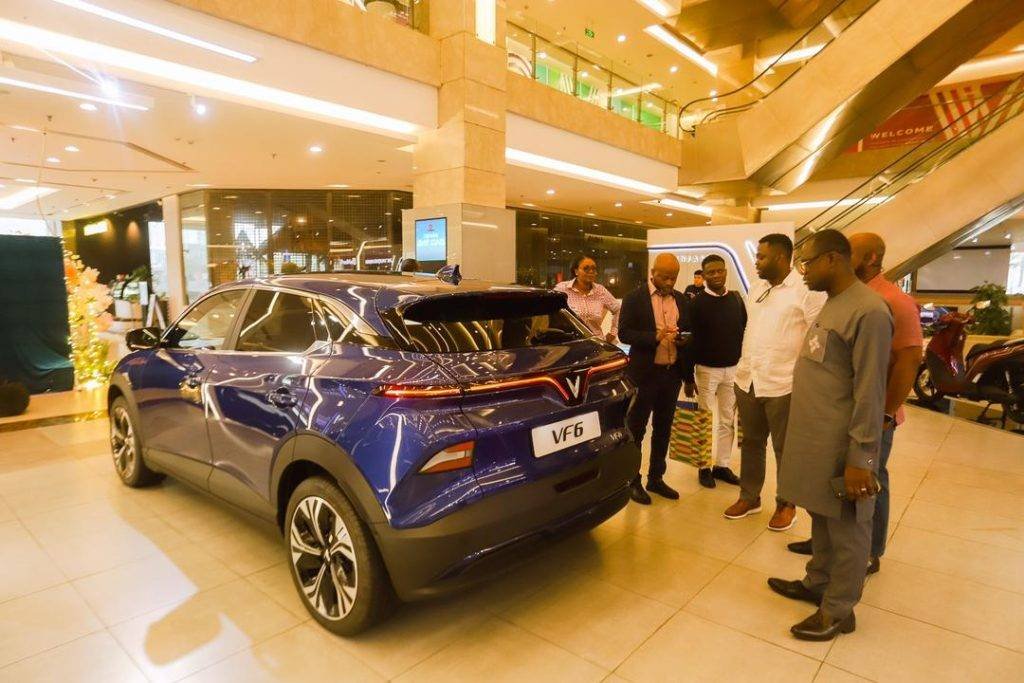
The number of electric car models available to consumers in Europe is expected to triple by 2021, says a European environmental lobby group.
The uptake of electric cars has been stalling, blamed on a lack of charging infrastructure and higher prices.
Latest data shows carmakers will offer 214 electric car models in 2021, up from 60 models at the end of 2018.
More affordable options could see consumers switch from petrol and diesel cars sooner than anticipated.
Analysis by the European Federation for Transport and Environment (T&E), based on data by research firm IHS Markit, suggests that car manufacturers are now ready to embrace car electrification.
In 2021, carmakers are forecast to bring 92 fully electric models and 118 plug-in hybrid models to market.
If they stick to these plans, 22% of vehicles produced could have a plug by 2025, which would enable manufacturers to easily meet the EU's car CO2 emissions target of 95g/km by 2025.
The biggest electric car production plants will be in Germany, France, Spain and Italy, the data shows. Some 16 large-scale lithium-ion battery cell plants are confirmed or due to begin operations in Europe by 2023.
"Thanks to the EU car CO2 standards, Europe is about to see a wave of new, longer range, and more affordable electric cars hit the market," said Lucien Mathieu, a transport and e-mobility analyst at T&E.
"That is good news, but the job is not yet done. We need governments to help roll out electric vehicle charging at home and at work, and we need changes to car taxation to make electric cars even more attractive than polluting diesel, petrol or poor plug-in hybrid vehicles."
Even luxury sports carmakers are jumping on to the electric bandwagon.
This week, Lotus, owned by Chinese firm Geely, unveiled a £2m all-electric "hypercar" - the Evija - capable of more than 200mph (322km/h).
And in March, Automobili Pininfarina launched a similarly-priced electric hypercar - the Battista.
Read Full Story










Facebook
Twitter
Pinterest
Instagram
Google+
YouTube
LinkedIn
RSS